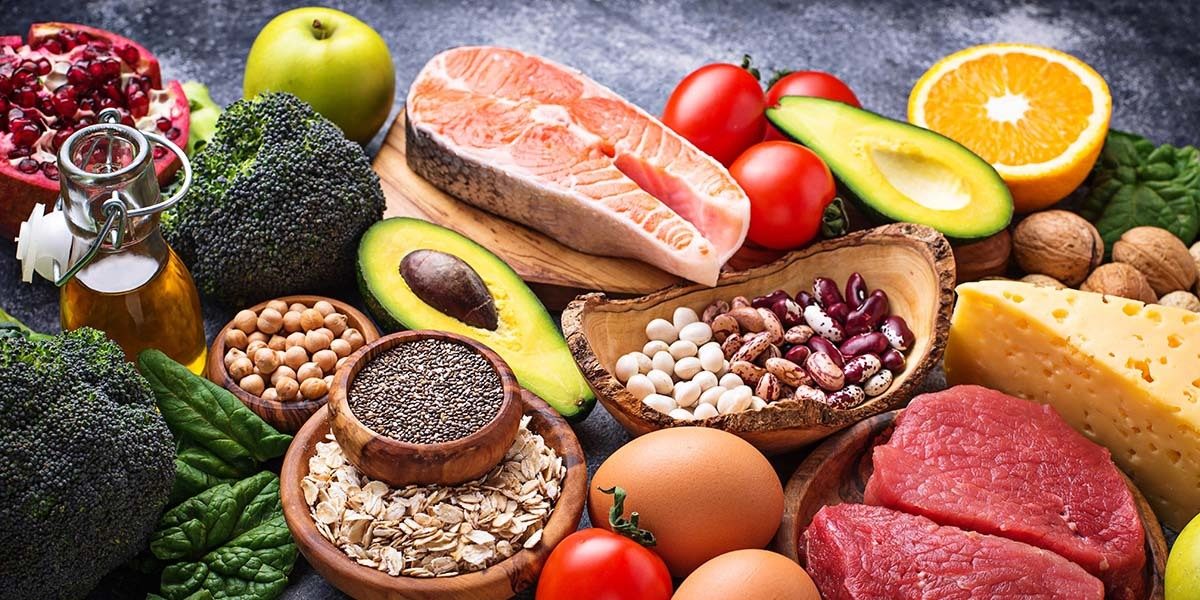Not sure about what to eat after an intense workout? Having the right meal can help you recover quicker, build more muscle, and prepare your body for the next training day. The nutrition is clearly important, but what about the timing?
In this article, we are going to cover the best foods for muscle recovery and describe what is the ideal time for eating after a workout.
So whether you are a seasoned gym-goer that wants to learn about the science behind the post-workout nutrition or a beginner looking for practical tips, it will be useful.
Let’s get started!
Let us start by saying that the timing of post-workout nutrition isn’t as crucial as it was made out to be. Yes, you absolutely need to think about what you eat during the day and ideally, you should also follow a structured meal plan.
But it doesn’t really matter whether you have a meal 30 minutes or 3 hours after your workout.
So, what is the best time to eat after training? It depends on you. As long as your body gets the right amount of calories throughout the day, you will be able to build muscle effectively.
And because the standard muscle growth and repair cycle takes about 24-48 hours, a few hours of difference between the workout and first meal after training won’t change much.
In fact, this study shows that if your goal is to burn more fat, not eating after your training can positively impact weight loss.
That said, having a nutritionally complete post-workout meal has clear benefits and you should always make sure to have one. But rushing out of the gym to have your protein shake as quickly as possible isn’t necessary.
The two main benefits of a post-workout meal are:
- Replenished glycogen stores (this contributes to maintaining optimal energy levels during the day)
- Increased protein synthesis (prevents muscle breakdown and repairs the muscle damage from your workout)
In the next part of this article, we are going to talk about the main macronutrients and how they should be represented in your post-workout meal.
Consuming an adequate amount of protein after training helps to kickstart the protein synthesis which has a profound impact on building and recovering your muscle. In other words, eating enough protein helps you maximise the results from your workout.
Because of that, protein is the most important macro-nutrient that needs to be included in your post-workout meal whether your goal is to build muscle or lose more weight. But how much protein should you consume?
For a post-workout meal, you should aim for 20 to 40 grams of protein intake depending on your weight and body type. As for how much protein you should eat in a day, the recommended amount is somewhere between 1.6 and 2.2 grams of protein per kilogram of body weight.
What are the best high-protein foods?
- Whey or plant-based protein powder
- Eggs
- Chicken/turkey
- Salmon/tuna
- Greek yogurt
- Cottage cheese
Carbs sometimes get a bad rap despite the fact that they are crucial when it comes to helping your body to recharge and restore its fuel supply. That is because they significantly contribute to replenishing glycogen levels (a process that is especially important amongst individuals who regularly participate in high-intensity resistance training).
Furthermore, it’s been proven that consuming carbohydrates with a high-quality protein leads to an increase in growth hormone resulting in a better, more effective recovery.
What is the optimal amount of carbs to consume after training? We recommend eating roughly 20-30% of your total daily carbs intake (at least 30g). As for the total amount of carbohydrates you should eat every day, stick to consuming at least twice as more carbs than you eat protein.
Here are the best carbohydrates that replenish glycogen quickly and are easy to digest:
- White/sweet potatoes
- White rice
- Fruit (bananas, apples, strawberries)
- Quinoa
- Oats
- Green vegetables
There is very little data on the importance of fats in post-workout nutrition. That said, the general consensus is that the difference between consuming or not consuming fats after a workout isn’t significant. In addition, according to this study, the key factor influencing the speed of recovery from strength training is the total daily calorie and macronutrient intake.
The key takeaway? Fats certainly have their place in a healthy diet. But when it comes to the best post-workout foods, the most important thing is to consume the right amount of protein and high-glycemic carbs.
Need help with creating a meal plan that will support your training goals? Delta Fitness is a personal training studio based in Canary Wharf, East London.
We pride ourselves on creating the optimal environment to help you get the body you want without any distractions. We believe in delivering results in the shortest amount of time, and we are fully committed to helping our clients in the best way we can.
Want to know more? Book a free first consultation.

